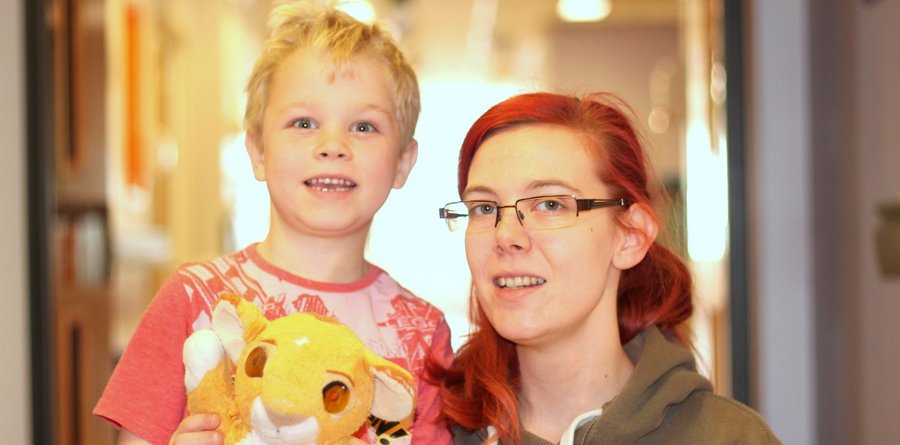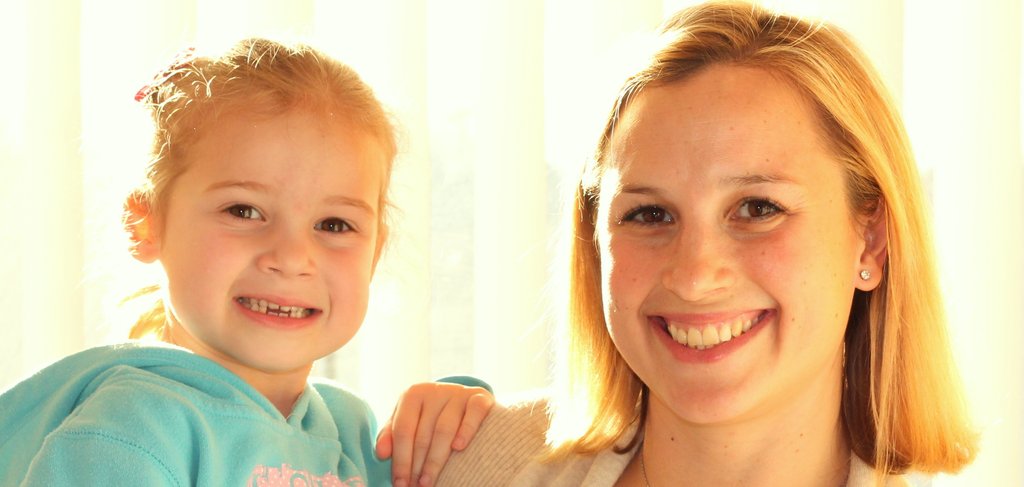

 |  | Search Home Find us Feedback |
 |  |
Information for children, teenagers and families | |
PhysiotherapyPhysiotherapy is an integral part of the management of Cystic Fibrosis (CF) The CF specialised physiotherapist provides support and advice on exercise and airway clearance from diagnosis following new-born screening, throughout childhood, and into adolescence developing a personalized individual program for each child which is reviewed regularly. Airway clearance techniques help removal of secretions from the lungs, with the aim of improving ventilation and reducing the risk of infection from sticky mucus. The CF physiotherapist will also provide input into the use of nebulised therapies (if appropriate) to optimise airway clearance eg 7% Hypertonic saline and Dnase. Physical exercise is recognised as having considerable benefit in maintaining health and improving outcomes in CF and is an essential part of the daily physiotherapy routine. The physiotherapy management of CF also includes assessment and advice on musculoskeletal problems (posture and bone health) as well as urinary incontinence. Airway ClearanceIn cystic fibrosis the mucus produced by the lungs is stickier than normal, and CF lungs are more prone to infection. Infection in the lungs also leads to swelling of the airways and this makes the airway tubes narrower. The airways react to the swelling by producing more mucus. One of the ways to help to keep the lungs clear when there are lots of secretions (i.e. when the lungs produce a lot of mucus) is with chest physiotherapy. Chest physiotherapy uses airway clearance techniques to help move and clear the excess secretions in the lungs. For more information on how the lungs are affected by CF and the role of chest physiotherapy for babies toddlers and older children visit the links below from the CF Trust website. Physiotherapy treatment - For babies and toddlers Physiotherapy treatment - Airway clearance Commonly used airway clearance techniquesClick on the following links for more information about these techniques. For each technique there is also a leaflet with more information and space to write in a personalised physiotherapy routine (click on the blue links for the leaflets).
Exercise and airway clearancePhysical activity, including exercise, is one of the most important aspects of the care of Cystic Fibrosis. It helps to keep the chest clear. It can also help to identify whether the chest is clear or not (this is because physical activity, laughing and games make the child breathe more deeply and if there is mucus in the lungs it can often be heard). Your CF physiotherapist will advise you of the most effective way to optimise airway clearance by timing exercise inhalers and nebulised therapies such as Dnase and Hypertonic saline before treatment. Exercise can help to make airway clearance sessions quicker and easier at any age –your CF physiotherapist will help you to establish the best way of fitting this in to your family routine. Physiotherapy in different age groups
Airway clearance as an Inpatient in hospitalDuring an Inpatient stay a member of the CF physiotherapy team will arrange 2 airway clearance sessions with you daily, to fit around play sessions and time in school. These will be in addition to a daily exercise session during the week whenever possible. No time to get bored! You may also want to keep your own routine as much as possible so do discuss this when your child is admitted. A hospital stay is a good time to review all techniques and timings of nebulisers as well as trying new therapies if appropriate which may be continued at home if helpful. Don’t forget to bring all your child’s physiotherapy equipment into hospital with you when you come! Musculoskeletal Physiotherapy (Bone health and posture)Poor posture and back pain occur in many older children with CF, particularly in teenagers who may be spending more time studying and less time exercising regularly. From the age of 8 all children have a postural assessment at annual review and advice on postural stretches and the importance of weight bearing exercise for bone health discussed. Do mention to your CF physiotherapist at any CF clinic during the year any concerns you have about your child’s posture and an individual appointment can be made for an assessment. Stress incontinenceThe involuntary leaking of urine is commoner in people with CF, particularly females (but it does also happen in males). It is particularly likely with coughing, but can also happen with activities such as sneezing, laughing and exercise. The amount of urine that leaks can be anything from a few drops to the emptying of the whole bladder. It can be very embarrassing to talk about stress incontinence and it is often not reported and can sometimes lead to avoidance of coughing and carrying out chest physiotherapy. From the age of 10 all children are asked at annual review if they have any symptoms of stress incontinence. The CF Physiotherapist will teach a programme of exercise to help to strengthen the pelvic floor and a simple technique ‘the knack’ to practice at home. Advice on posture and core strengthening exercises are also helpful-a separate appointment might be helpful for this to spend more time with your child discussing this. More informationThere is an information leaflet available from the CF trust about the problem - click here The ERIC website can also be helpful - click here |